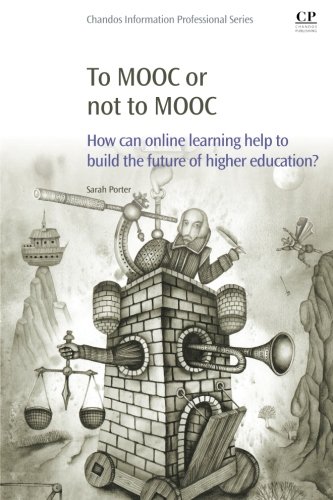

Most ebook files are in PDF format, so you can easily read them using various software such as Foxit Reader or directly on the Google Chrome browser.
Some ebook files are released by publishers in other formats such as .awz, .mobi, .epub, .fb2, etc. You may need to install specific software to read these formats on mobile/PC, such as Calibre.
Please read the tutorial at this link: https://ebookbell.com/faq
We offer FREE conversion to the popular formats you request; however, this may take some time. Therefore, right after payment, please email us, and we will try to provide the service as quickly as possible.
For some exceptional file formats or broken links (if any), please refrain from opening any disputes. Instead, email us first, and we will try to assist within a maximum of 6 hours.
EbookBell Team

0.0
0 reviewsScarcely a week goes by without coverage in the UK and international media about the latest MOOC revelation. Despite some significant initiatives in the dotcom era, online learning has somehow never delivered on its promise to revolutionize education. To MOOC or not to MOOC explores the history of MOOCs and analyses the current MOOC context by describing six institutions and the story of their engagement with MOOCs. Looking at each of the different type of institution in turn, it analyses the processes behind their decision to engage with online learning and MOOCs, how the MOOC project is managed and led, and discusses issues such as quality assurance, governance and partnerships. Chapters draw together and analyse the data and draw out advice for institutions, to help them make choices about how to respond to MOOCs and other high-impact changes in digital education. The book contains checklists and planning tools to support strategy and planning, and concludes with a future look at MOOCs exploring some of the possible trends that may impact upon higher education, such as business models, data and analytics, learning design and competitors in the MOOC marketplace.